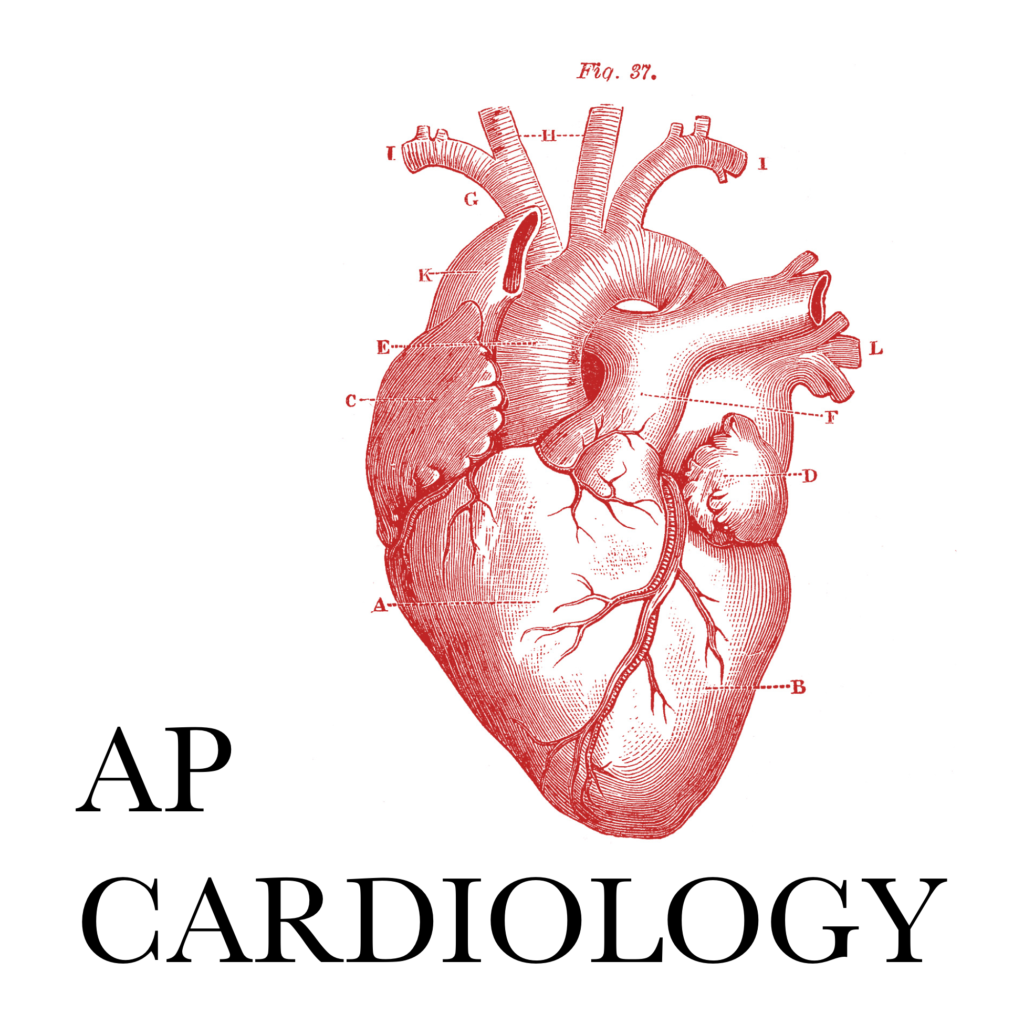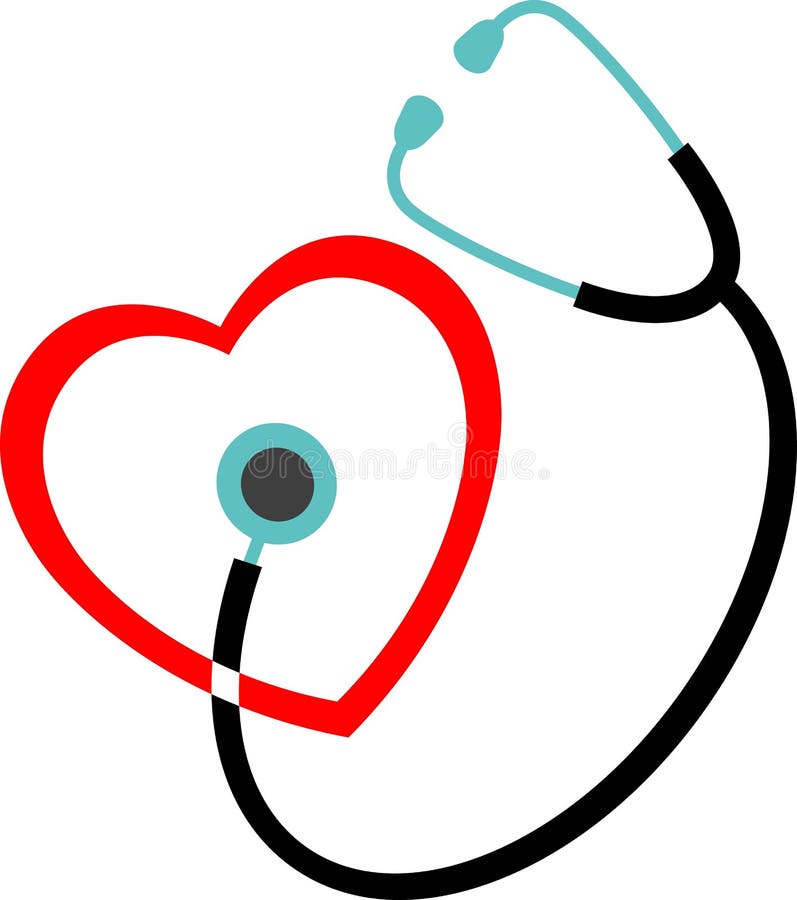Natural cholesterol-lowering remedies from Cardiology Jupiter
Natural cholesterol-lowering remedies from Cardiology Jupiter
Blog Article
Comprehending the Importance of Cardiology in Modern Health Care Solutions
Cardiology plays a vital function in contemporary medical care, specifically as heart problem proceeds to be the leading source of death worldwide. Breakthroughs in diagnostics and treatment have actually changed patient care, enabling earlier interventions and boosted results. Moreover, the shift in the direction of preventive cardiology equips people to handle their health proactively. As modern technology proceeds to progress, the assimilation of cutting-edge services may even more redefine cardiology's influence on public health, motivating a more detailed exam of emerging patterns and their ramifications.
The Occurrence of Heart Problem and Its Effect On Public Health And Wellness
Heart illness continues to be the leading cause of fatality worldwide, its influence extends much past specific patients to affect public health and wellness systems and economic climates. The high prevalence of heart problem positions a considerable pressure on healthcare resources, demanding boosted financing for treatment, prevention, and recovery programs. Public wellness campaigns need to deal with threat elements such as excessive weight, smoking, and sedentary lifestyles, which contribute considerably to the rising occurrence of heart conditions.Moreover, the economic burden connected with heart problem is enormous, incorporating not only straight medical costs but also indirect expenses related to lost performance and premature death. Communities deal with challenges in handling these expenses, often leading to variations in medical care accessibility and outcomes. As the populace ages and lifestyle-related risks remain to rise, the seriousness for effective cardiology interventions ends up being extremely important. Attending to heart disease is not just an issue of private health however also an essential public health and wellness top priority.
Advances in Cardiac Diagnostics and Imaging Techniques
Recent improvements in heart diagnostics and imaging strategies have actually revolutionized the area of cardiology, boosting the capability to identify and check cardiovascular disease. Techniques such as heart MRI, CT angiography, and echocardiography have actually ended up being increasingly innovative, giving thorough photos of cardiac frameworks and features. These techniques permit the very early recognition of conditions like coronary artery condition, heart failure, and valvular disorders.Moreover, improvements in non-invasive diagnostics, such as wearable modern technology and remote monitoring devices, have equipped individuals and healthcare service providers. These devices assist in real-time monitoring of heart rhythms and other vital indications, bring about prompt interventions. Additionally, expert system is being incorporated into imaging analysis, improving precision and performance in diagnosis.
Advancements in Therapy Alternatives for Heart Issues
Recent advancements in cardiology have actually resulted in substantial innovations in therapy options for heart problems. These include sophisticated surgical methods that enhance step-by-step results and emerging drugs that supply brand-new opportunities for treatment. As the field progresses, these technologies play a crucial function in improving client care and end results.
Advanced Surgical Techniques
Innovations in medical strategies have actually transformed the landscape of cardiology, offering new hope for patients with heart conditions. Minimally invasive treatments, such as catheter-based treatments, have actually significantly decreased recuperation times and medical facility keeps. Techniques like robotic-assisted surgical procedure boost accuracy, permitting surgeons to navigate complicated anatomical structures with higher accuracy. In addition, advancements in imaging innovation assist in real-time visualization during treatments, enhancing outcomes. Transcatheter aortic shutoff replacement (TAVR) exhibits a breakthrough in treating aortic stenosis, allowing shutoff replacement without open-heart surgical treatment. In addition, hybrid strategies that incorporate catheter-based and surgical approaches provide customized solutions for various cardiac problems. These sophisticated medical methods not only boost patient safety and security however likewise increase treatment choices, emphasizing the essential function of development in modern-day cardiology methods.
Emerging Drugs and Treatments
As the landscape of cardiology proceeds to develop, arising medications and treatments play a critical function in improving therapy choices for heart problems. Advancements such as unique anticoagulants and progressed lipid-lowering representatives have transformed the monitoring of cardio conditions, considerably decreasing person morbidity and death. Additionally, the growth of genetics therapies and regenerative medicine supplies encouraging opportunities for dealing with conditions formerly considered irreparable. Professional trials are consistently disclosing the efficiency of these therapies, pushing the boundaries of traditional therapies. The combination of digital health innovations assists in personalized medicine, enabling for customized therapy strategies based on genetic and way of living aspects. Collectively, these developments emphasize the dynamic nature of cardiology, improving patient results and redefining standards of care in contemporary medical care.
The Duty of Preventive Cardiology in Person Treatment
Preventive cardiology plays an important function in patient treatment by concentrating on the recognition of danger elements that contribute to cardiovascular disease. Through way of life adjustment methods and early discovery strategies, health care suppliers can successfully reduce the incidence of cardiovascular occasions - Cardiology Jupiter. This positive approach not just enhances individual outcomes yet additionally promotes long-term health
Risk Aspect Recognition
While heart diseases remain a leading root cause of morbidity and mortality worldwide, reliable risk aspect recognition functions as a cornerstone of precautionary cardiology. Recognizing danger factors such as hypertension, diabetes mellitus, hyperlipidemia, and family background is necessary for early treatment. Health care experts utilize numerous screening approaches to assess these aspects, enabling tailored safety nets. Furthermore, understanding a client's lifestyle options, such as smoking cigarettes and physical lack of exercise, better educates danger assessments. This extensive analysis allows medical professionals to create personalized care plans focused on mitigating risks. By prioritizing danger element identification, healthcare systems can improve person results and decrease the overall problem of cardiovascular conditions, ultimately contributing to enhanced public health and wellness methods and source allotment.
Lifestyle Adjustment Techniques
A wide variety of researches highlights the essential duty of way of living alteration approaches in reducing cardiovascular condition danger. These techniques encompass nutritional changes, increased exercise, cigarette smoking cessation, and weight management. By adopting a heart-healthy diet abundant in fruits, veggies, whole grains, and lean proteins, individuals can decrease cholesterol levels and blood pressure. Regular physical task enhances the heart and enhances total cardio wellness. Additionally, quitting smoking cigarettes significantly decreases the threat of cardiovascular disease and improves healing prices for those with existing conditions. Weight administration further adds to cardiovascular wellness by mitigating other danger elements such as diabetes and high blood pressure. Executing these way of living transforms not only promotes specific health but additionally functions as a keystone of preventative cardiology in individual care.
Very Early Discovery Methods
Lifestyle alterations substantially add to minimizing cardio condition risks, however they are most reliable when coupled with very early detection methods. Preventative cardiology highlights the significance of identifying possible heart issues prior to they rise right into serious problems. Strategies such as high blood pressure tracking, cholesterol testing, and advanced imaging modern technologies like echocardiograms play critical functions in evaluating cardio health. Biomarkers and hereditary screening additionally boost the precision of very early pop over to this site detection, permitting tailored preventative techniques. Routine cardiac danger analyses equip doctor to step in proactively, potentially stopping cardiovascular disease and strokes (Cardiology Jupiter). By incorporating these very early detection techniques right into routine care, patients can gain from prompt way of living treatments and targeted therapies, eventually enhancing outcomes and boosting lifestyle
Integrating Technology Into Cardiology Practices
As improvements in innovation remain to reshape various areas, the combination of ingenious tools and systems right into cardiology techniques has ended up being essential for boosting person treatment and end results. Telemedicine platforms allow cardiologists to check clients from another location, improving access to care while minimizing the problem on medical care facilities. Wearable gadgets, such as smartwatches, enable continuous heart price surveillance, informing both individuals and physicians to prospective issues in real-time. In addition, fabricated intelligence (AI) is being utilized to assess vast quantities of cardiac data, aiding in very early diagnosis and individualized treatment plans. Advanced imaging methods, including 3D echocardiography, boost visualization of heart frameworks, causing much more specific treatments. Digital wellness documents (EHRs) simplify client details administration, ensuring that cardiologists have prompt access to vital information. Together, these technological improvements are transforming cardiology, advertising proactive monitoring and enhanced wellness results for patients with cardiovascular problems.
The Importance of Individual Education And Learning and Engagement
Client education and learning and involvement play a pivotal function in the monitoring of cardio wellness. By gearing up patients with expertise about their problems, treatment choices, and way of living adjustments, doctor encourage people to take an active role in their care. This proactive technique can lead to boosted adherence to recommended medicines, dietary modifications, and workout programs, ultimately reducing the risk of complications.Engagement additionally cultivates a solid patient-provider connection, urging open communication and depend on. When people feel notified and involved, they are more probable to voice issues and ask inquiries, which can result in far better medical end results. Furthermore, academic resources, such as workshops or digital platforms, can boost understanding and advertise self-management strategies. On the whole, focusing on individual education and interaction is essential for boosting cardio health and wellness, enhancing lifestyle, and decreasing medical care prices associated with heart diseases.
Future Fads in Cardiology and Their Prospective Impact

Often Asked Questions
What Way Of Life Modifications Can Lower Cardiovascular Disease Risk?
The existing inquiry addresses way of life changes that can considerably lower heart disease threat. Cardiology. Embracing a balanced diet plan, participating in normal physical activity, maintaining a healthy weight, taking care of stress, and avoiding tobacco can notably boost cardiovascular wellness
How Can I Identify Very Early Indications of Heart Troubles?
Acknowledging very early indications of heart issues includes monitoring symptoms such as chest discomfort, lack of breath, exhaustion, and uneven heartbeat. Timely awareness of these indicators can prompt essential clinical examination and treatment for better outcomes.
What Are the Differences Between Cardiologists and Heart Surgeons?
The differences between cardiologists and heart surgeons lie in their roles; cardiologists largely take care of and diagnose heart disease with non-invasive approaches, while cardiac cosmetic surgeons carry out procedures to remedy architectural heart concerns. Each plays a vital, unique duty.

Exactly how Commonly Should I Get My Heart Wellness Checked?
The frequency of heart health checks varies based on individual threat variables. Usually, grownups must go through assessments every one to 2 years, while those with existing problems might call for even more frequent evaluations as advised by health care professionals.
What Duty Does Genetics Play in Heart Condition Danger?
Genes substantially affects cardiovascular disease threat, with domestic patterns indicating acquired conditions. Details genetics can incline people to high blood pressure, cholesterol issues, and various other cardiovascular troubles, highlighting the significance of hereditary testing in examining heart health. Heart condition remains the leading cause of death worldwide, its influence extends much beyond private people to affect public health and wellness systems and economic climates. Public health and wellness campaigns should address threat factors such as obesity, cigarette smoking, and less active lifestyles, which add substantially to the increasing incidence of heart conditions.Moreover, the financial worry linked with heart condition is enormous, including not just straight clinical expenses yet likewise indirect costs connected to shed performance and early death. Preventative cardiology plays an important resource function in client treatment by focusing on the recognition of threat elements that contribute to heart illness. Synthetic intelligence (AI) and device discovering are enhancing diagnostics and person monitoring, making it possible for early discovery of heart diseases. The differences between cardiologists and heart specialists lie in their duties; cardiologists largely detect and take care of heart conditions with non-invasive methods, while heart doctors do medical procedures to correct structural heart concerns.
Report this page